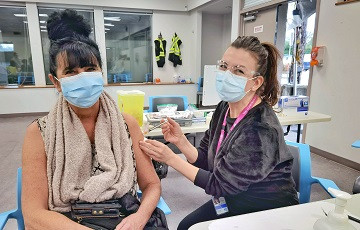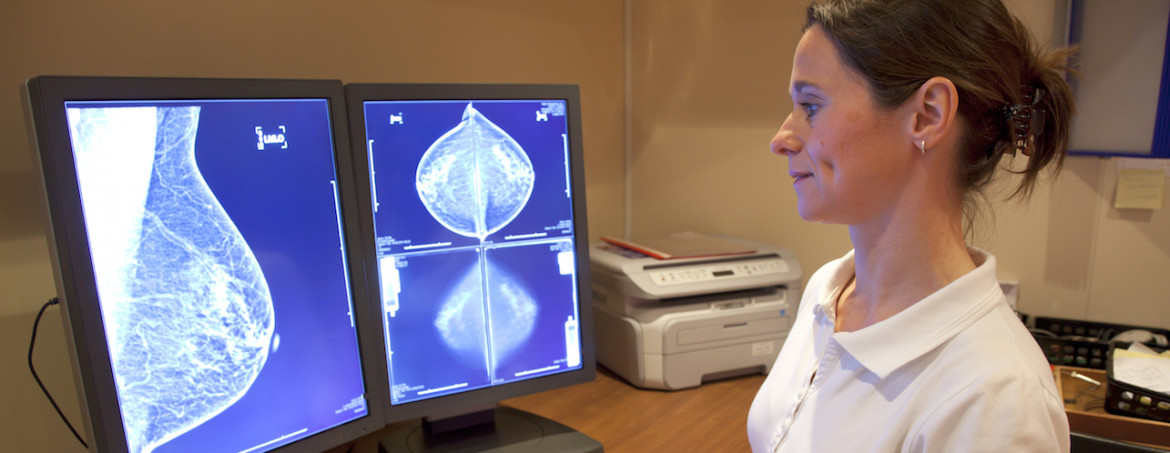The B.C. Cancer Agency’s Screening Mammography Program provides free, regular mammograms to B.C. women from the age of 40 without a doctor’s referral.
A screening mammogram is an x-ray exam of the breast used to find breast changes in healthy women with no signs of breast problems. At the exam, a trained female technologist takes four x-rays, two of each breast.
In the screening of women without symptoms, mammography remains the most reliable method of detecting abnormalities.
Who is Eligible?
- must be a B.C. resident
- women 40 to 49 years of age: have access to screening every 2 years
- women 50 -74 years of age: recommended screening every 2 years
- women 75 years and older: continue to have access to screening without a doctor's referral
- women 40 -74 years of age *with a family history of breast cancer in a first degree relative (mother, sister, daughter) to receive annual screening
- have no breast changes (e.g. new lumps, thickening or discharge)
- can provide the name of a doctor to receive the results
- have not had a mammogram within 12 months
- have not had breast cancer
- do not have breast implants
- are not pregnant or breast-feeding
If you do not meet the criteria for screening mammography, please talk to your doctor to find out about other mammography options.
Mobile Services
Mobile screening mammography services are offered through the Screening Mammography Program once or twice a year.
For a schedule, please visit http://www.bccancer.bc.ca/screening/breast/find-a-clinic/mobile-mammography-service
Fixed Location Services
Island Health offers screening mammography services at some Island Health locations.




